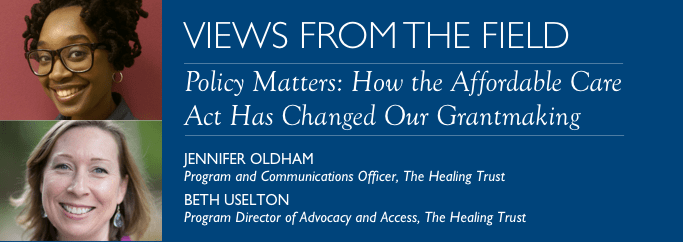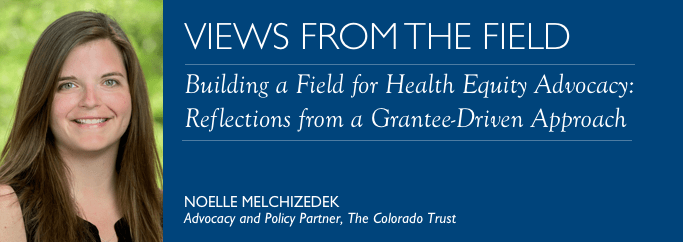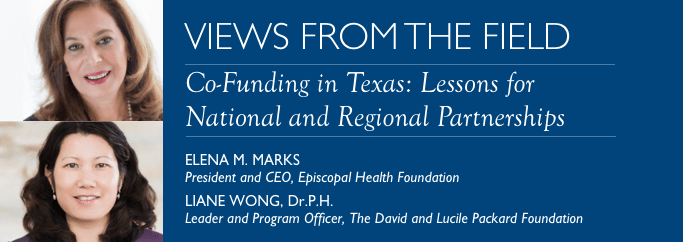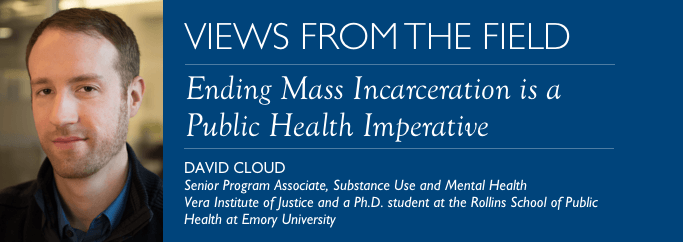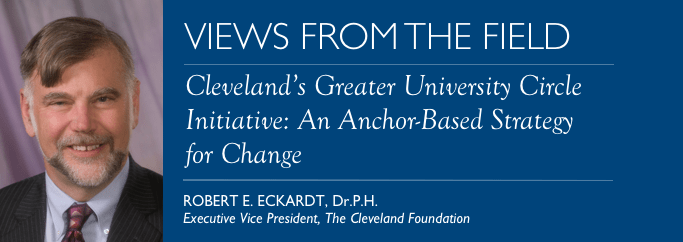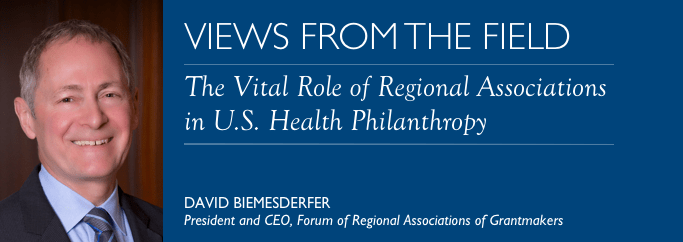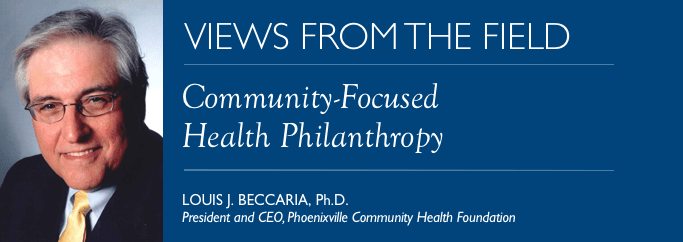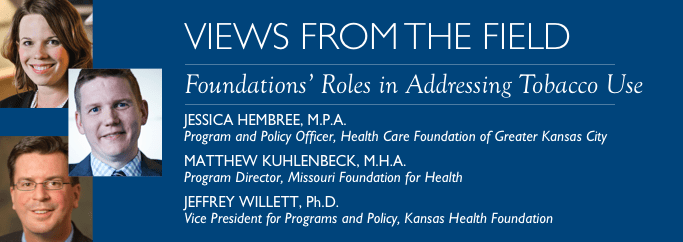Policy Matters: How the Affordable Care Act Has Changed Our Grantmaking
Health reform is not for the faint of heart. When we began drafting this article, it took shape as a reflective piece on the ways in which the Patient Protection and Affordable Care Act (ACA) had affected our grantmaking.
Building a Field for Health Equity Advocacy: Reflections from a Grantee-Driven Approach
The Colorado Trust believes that all Coloradans should have fair and equal opportunities to lead healthy, productive lives regardless of race, ethnicity, income, or where we live.
How Foundations Can be Engaged This Election Year
Election season presents tremendous opportunities for philanthropic organizations to educate voters and candidates on the issues core to their charitable missions. Through strategies such as civic engagement and public policy advocacy, nonprofit organizations can expand the reach and impact of their activities.
Co-Funding in Texas: Lessons for National and Regional Partnerships
When grantmakers partner on issues of mutual concern, they can leverage their funds in ways that make significant progress at the emerging intersection between health and early childhood.
Ending Mass Incarceration is a Public Health Imperative
Ending mass incarceration in the United States is one of the major social, political, civil rights, and economic challenges of our time. Government officials, practitioners, advocates, and philanthropists working in the fields of public health and medicine have important and distinct roles to play.
The Vital Role of Regional Associations in U.S. Health Philanthropy
Currently, at least 12 regional philanthropy associations operate health-focused working groups, which provide a vital space for funders to come together for learning, sharing, and sometimes providing a voice for philanthropy on health-related issues in the region, whether that region be a state, multiple states, part of a state, or a metropolitan area.
Community-Focused Health Philanthropy
Community-focused health philanthropy is a philanthropic style that enables you to tackle important local health issues, has a sense of mission and urgency about it, has some reasonable prospect of making a difference, and creates a practical effect on a defined geographical area.
Foundations’ Roles in Addressing Tobacco Use
Tobacco remains the leading preventable cause of death in the United States and the world and is a major factor in four of the five leading causes of death.

